
Full contact springs
with High Reliability and Durability
Full contact springs, also referred to as Raco springs or continuous contact springs, are crucial components in various sealing applications, particularly in environments requiring high reliability and durability. These springs are designed to maintain continuous contact throughout the full circumference of the sealing lips, ensuring an effective seal even under extreme conditions. With their heavy-duty construction and ability to handle high loads, full contact springs are the preferred choice for applications ranging from cryogenics to vacuum systems.
One of the most defining features of full contact springs is their ability to maintain continuous contact along the entire circumference of the seal. This continuous contact ensures a consistent force distribution, which is critical for maintaining an effective seal, especially in demanding environments. The uninterrupted contact minimizes the potential for leaks and enhances the spring’s sealing capability, making it suitable for applications involving light gases, low pressures, and even high vacuum conditions.
Full contact springs with high reliability and durability are engineered to carry significant loads. This capacity is particularly important in applications where the spring must withstand substantial forces while maintaining its sealing function. The robust construction of these springs ensures that they can handle the mechanical stresses without deformation or loss of performance, even under prolonged use or in challenging conditions.
These springs are designed for use in extreme environments, including cryogenic temperatures, vacuum systems, and applications involving light gases at low pressures. Their resilience and durability make them ideal for scenarios where traditional sealing methods might fail. For instance, in cryogenic applications, where materials can become brittle and lose their sealing capability, full contact springs maintain their integrity and functionality.
While standard full contact springs with high reliability and durability are available in various sizes and specifications, they can also be customized to meet specific application requirements. Manufacturers like MW Components offer a range of custom options, including different materials, sizes, and secondary finishing services. This customization allows for the creation of springs tailored to unique operational needs, ensuring optimal performance across diverse applications.
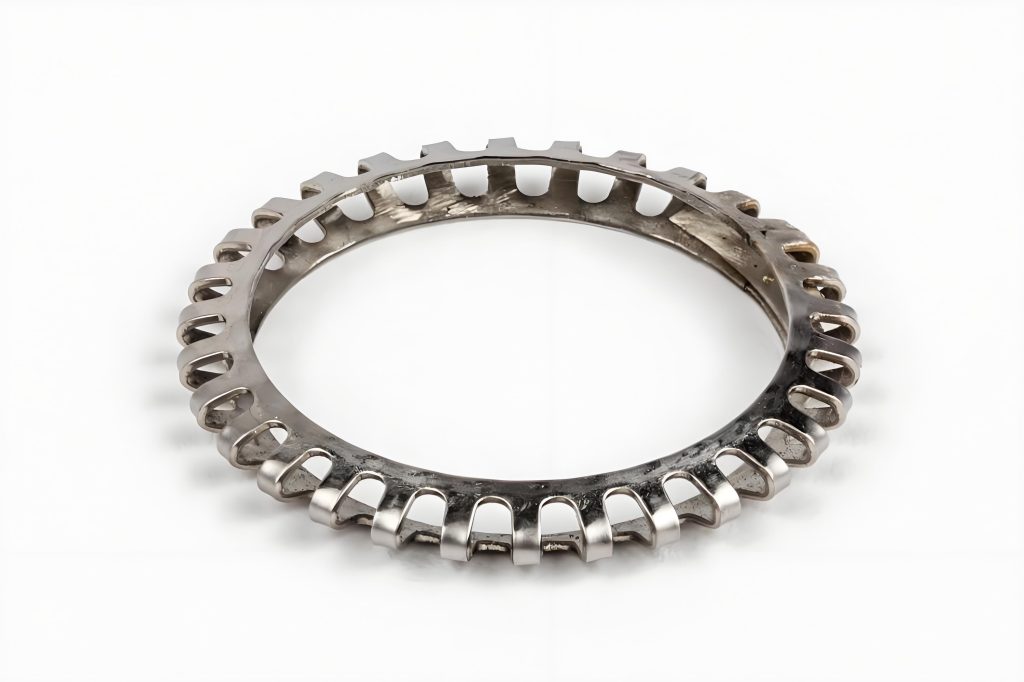
Full contact springs are used across a wide range of industries and applications due to their reliability and effectiveness. Some of the most common applications include:
In cryogenic applications, where temperatures can drop to extremely low levels, maintaining an effective seal is critical. Full contact springs are often used in these environments because of their ability to retain flexibility and sealing power even at cryogenic temperatures. Their continuous contact design ensures that they can handle the contraction and expansion of materials, preventing leaks and maintaining system integrity.
Vacuum systems require components that can prevent the ingress of air or other gases into the system. Full contact springs with high reliability and durability are ideal for these applications because they provide a reliable seal that can withstand the pressure differentials commonly found in vacuum environments. Their ability to maintain a tight seal is essential for the proper functioning of vacuum pumps, chambers, and other related equipment.
For applications involving light gases at low pressures, full contact springs offer an effective sealing solution. Their design ensures that the seal remains intact, preventing gas leaks that could compromise system performance or safety. This makes them a popular choice in industries such as aerospace, chemical processing, and laboratory equipment.
In heavy-duty industrial settings, full contact springs with high reliability and durability are used in machinery and equipment where reliable sealing is essential for operational efficiency and safety. Their high load-carrying capacity makes them suitable for applications involving large mechanical forces, such as in hydraulic systems, large-scale valves, and industrial compressors.
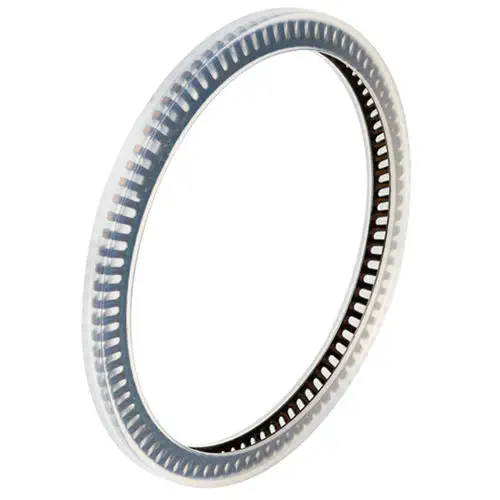
Manufacturers like Zhuoyue Spring offer full contact springs in standard dimensions, with cross-sections varying across different series (A-F). These standard options provide a baseline for most applications, ensuring that customers can find a suitable spring without the need for extensive customization. The dimensions of these springs are subject to standard manufacturing tolerances, which ensures consistency and reliability in performance.
In addition to standard sizes, full contact springs with high reliability and durability can be customized to meet specific needs. Customization options include variations in size, material, and even the spring’s physical characteristics. For example, minor adjustments to the dimensions “L” (length) and “K” (thickness) can be made with slight tooling modifications. For more significant changes, manufacturers can create unique tool sets designed specifically for the application, ensuring that the spring meets all operational requirements.
Materials used in custom full contact springs can also vary, depending on the environmental conditions and load requirements. Common materials include stainless steel, Inconel, and other high-strength alloys that offer excellent resistance to corrosion, temperature extremes, and mechanical stress.
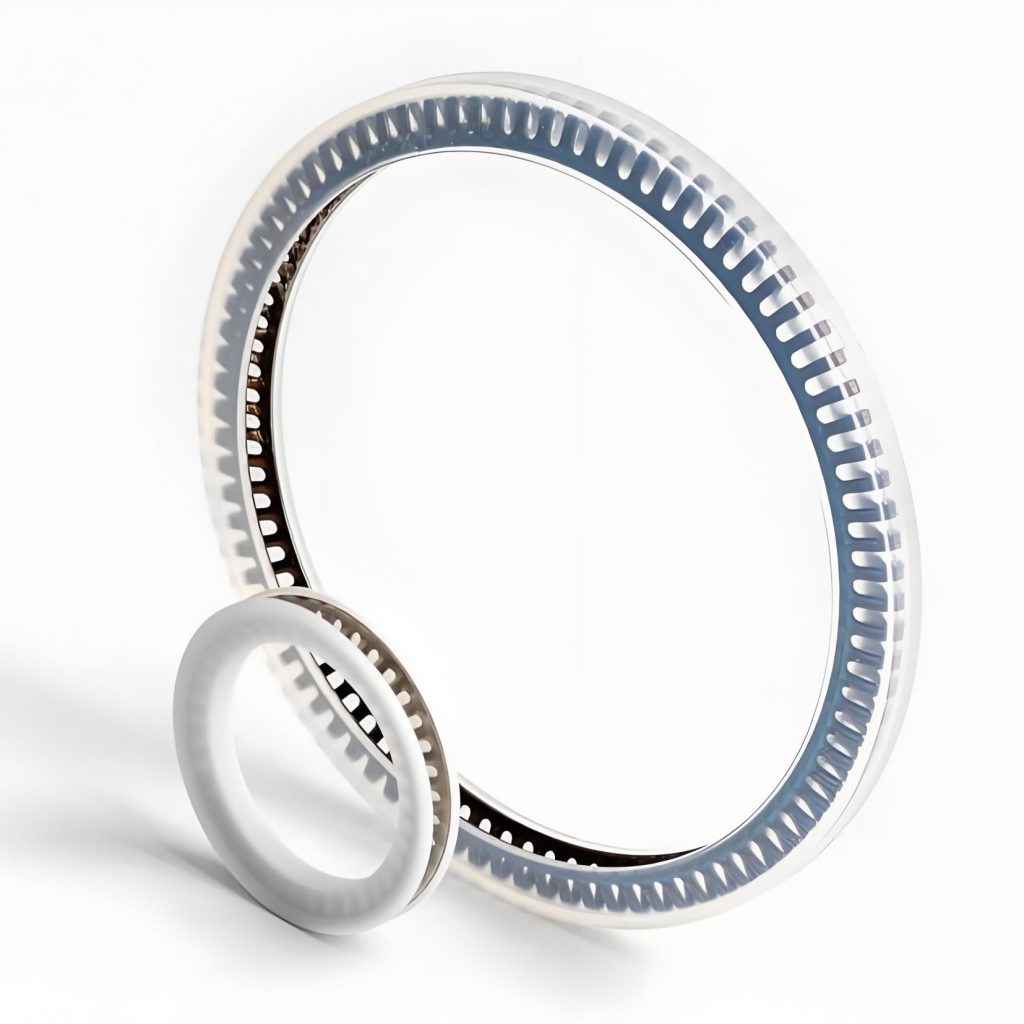
The manufacturing process of full contact springs is a highly specialized operation that involves precision engineering to ensure the springs meet stringent performance standards. Each spring is typically manufactured using a dedicated tool and die set, which allows for precise control over the spring’s dimensions and physical properties.
The use of standard tool and die sets in manufacturing ensures consistency across production runs, making it easier to produce springs that meet exact specifications. These sets are designed to produce springs with the desired cross-sectional profiles, ensuring that the final product has the necessary load-bearing capacity and sealing effectiveness.
While minor adjustments to the spring’s dimensions can be made with simple tooling modifications, more significant changes may require the development of new tooling. This process allows for greater flexibility in the design and production of custom springs, enabling manufacturers to meet the specific needs of their customers.
After the spring is formed, it must be welded into the seal jacket to complete the assembly. This step is critical for ensuring that the spring provides continuous contact throughout the seal, maintaining its effectiveness in the application. The welding process must be performed with precision to avoid any weak points or gaps in the seal, which could compromise the spring’s performance.
To enhance the durability and performance of full contact springs with high reliability and durability , manufacturers may offer secondary finishing services. These services can include surface treatments such as coating or plating, which can improve corrosion resistance, reduce friction, or enhance the spring’s overall longevity. Finishing services are particularly important for springs used in harsh environments, where exposure to chemicals, moisture, or extreme temperatures could otherwise degrade the spring’s performance.
The choice of material for full contact springs is crucial, as it directly impacts the spring’s performance, durability, and suitability for specific applications. Here are some common materials used in the production of full contact springs with high reliability and durability :
Stainless steel is a popular choice for full contact springs due to its excellent corrosion resistance and strength. It is suitable for a wide range of environments, including those with exposure to moisture, chemicals, and varying temperatures. Stainless steel springs are often used in applications where durability and long-term performance are critical.
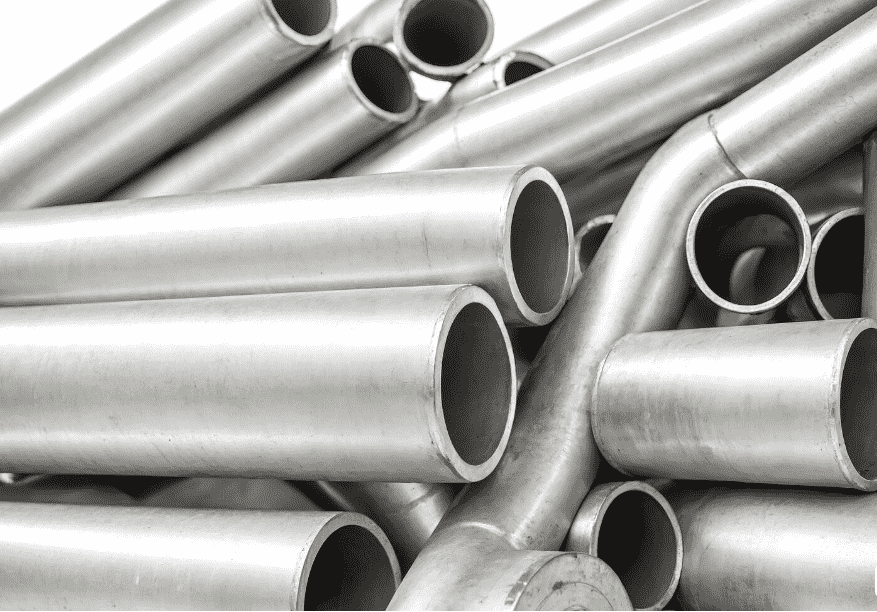
Inconel is a high-strength, nickel-chromium-based alloy that is known for its exceptional resistance to heat and corrosion. Full contact springs made from Inconel are ideal for extreme environments, such as those involving high temperatures or corrosive substances. This material is commonly used in aerospace, chemical processing, and high-temperature industrial applications.
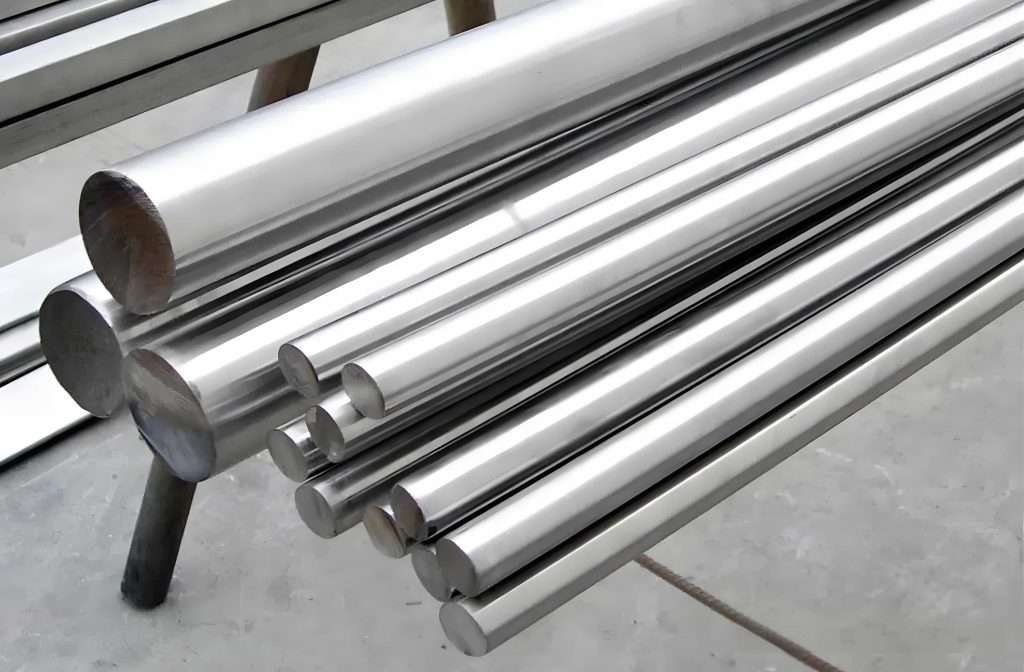
Other high-strength alloys, such as titanium or Hastelloy, may also be used in the production of full contact springs. These materials offer unique properties, such as lightweight, high tensile strength, and superior resistance to specific environmental factors. The selection of these materials depends on the specific requirements of the application, such as the need for lightweight components or resistance to particular chemicals.
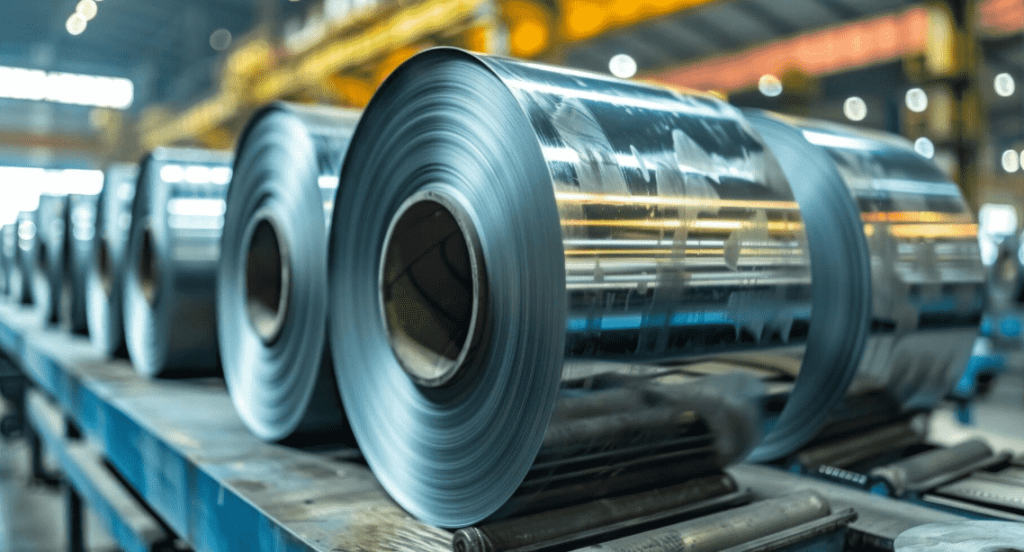
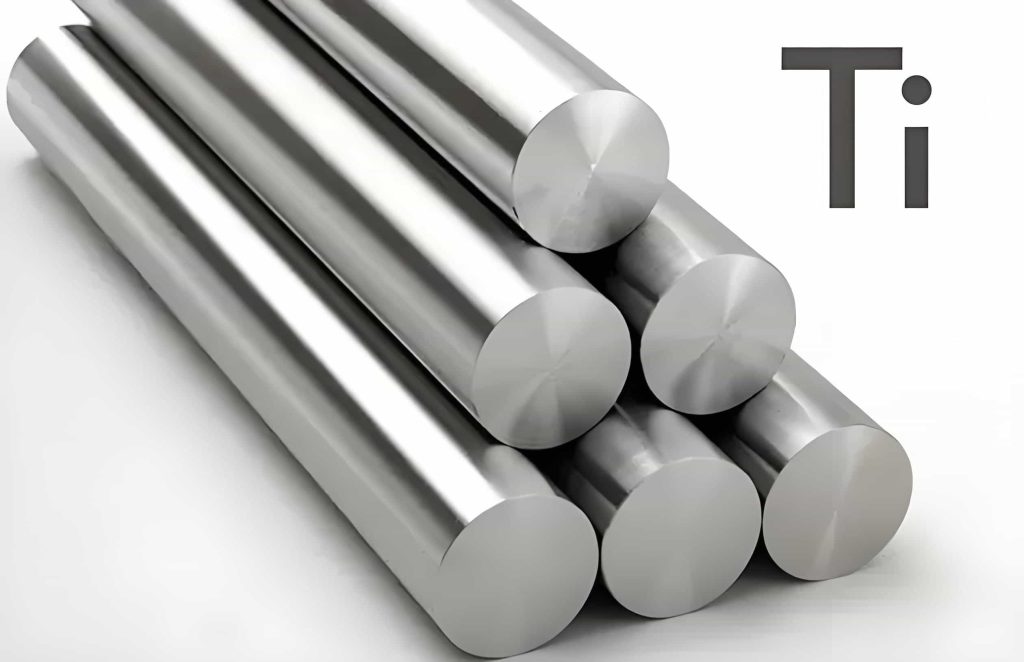
The continuous contact design of full contact springs with high reliability and durability provides superior sealing performance compared to traditional spring designs. This ensures that the seal remains effective under varying pressures and temperatures, reducing the risk of leaks and improving the overall reliability of the system.
Full contact springs are designed to withstand the rigors of extreme environments, including cryogenic temperatures, high vacuum conditions, and exposure to corrosive substances. Their robust construction and material properties ensure that they maintain their sealing effectiveness even under the most challenging conditions.
The ability to customize full contact springs allows for their use in a wide range of applications. Whether the need is for a specific size, material, or design, these springs can be tailored to meet the exact requirements of the application. This flexibility makes them a versatile solution for many industries.
The durability and reliability of full contact springs mean that systems using these components require less maintenance and experience fewer failures. This reduces downtime and maintenance costs, making full contact springs a cost-effective solution over the long term.
In industries where safety and regulatory compliance are critical, such as aerospace and chemical processing, the use of high-quality full contact springs can help ensure that systems meet stringent safety standards. Their reliable performance reduces the risk of system failures that could lead to safety incidents or non-compliance with industry regulations.
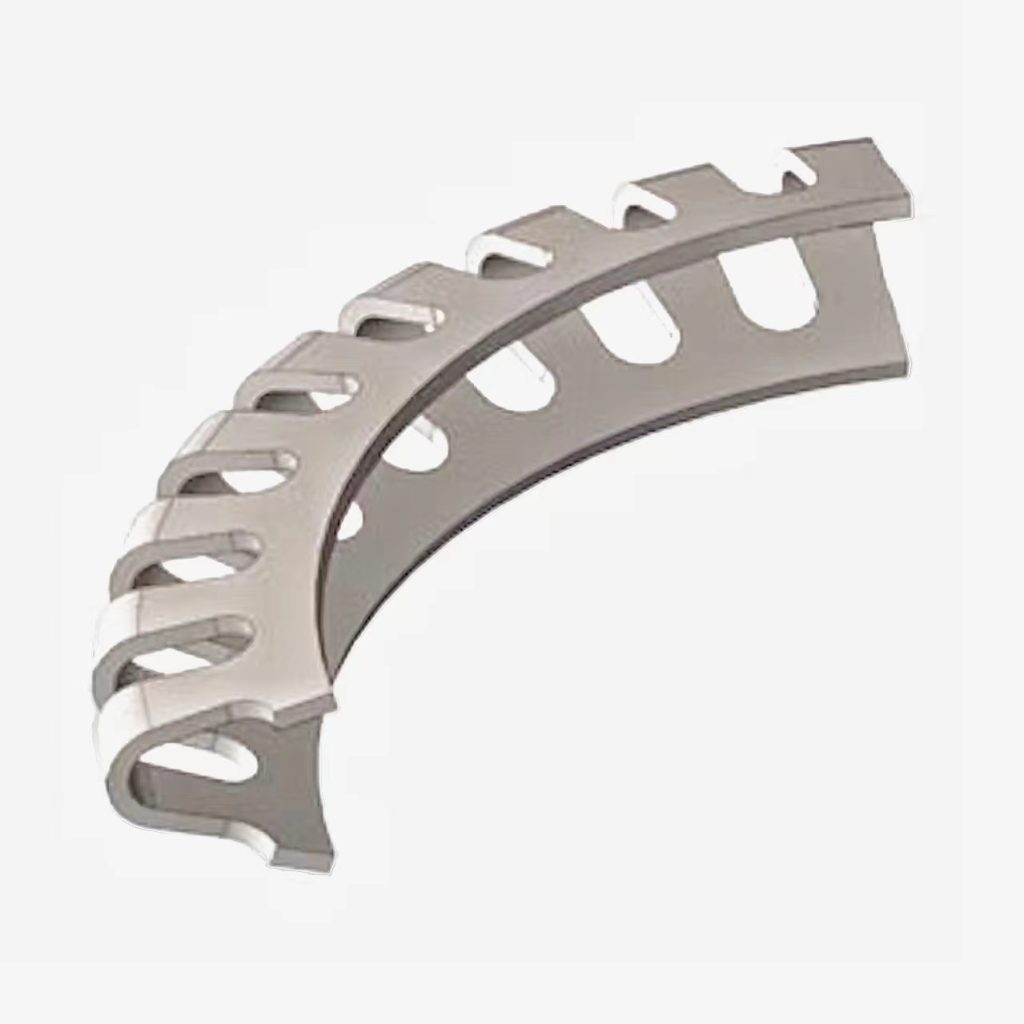
Full contact springs, also known as Raco springs or continuous contact springs, play a vital role in sealing systems across various industries. Their heavy-duty construction, ability to handle extreme environments, and continuous sealing contact make them indispensable in applications where reliability and performance are critical.
With a range of standard dimensions and custom options available, full contact springs with high reliability and durability can be tailored to meet the specific needs of any application. Whether used in aerospace, cryogenic, vacuum, automotive, or oil and gas industries, these springs provide effective sealing and durability in demanding conditions.
Zhuoyue Spring offers a comprehensive selection of full contact springs, along with custom solutions and additional services to ensure that customers receive the best possible performance for their applications. By understanding the key features, applications, and manufacturing processes of full contact springs with high reliability and durability , you can make informed decisions and select the right solution for your needs.